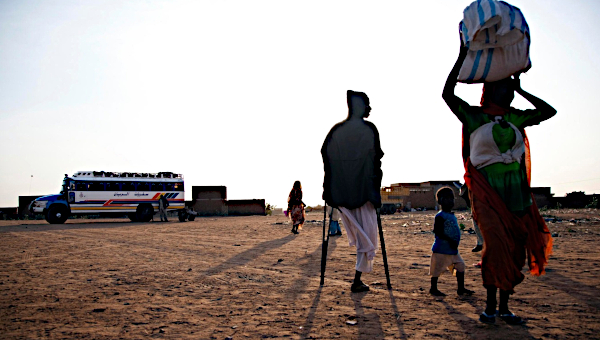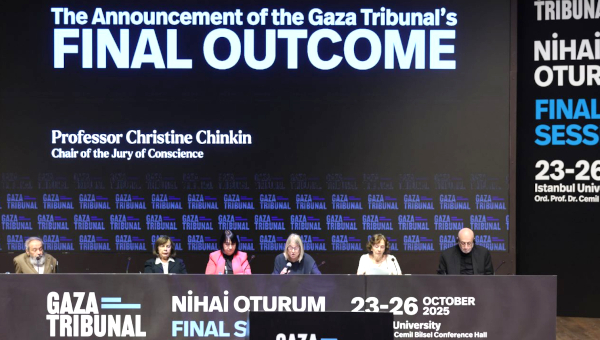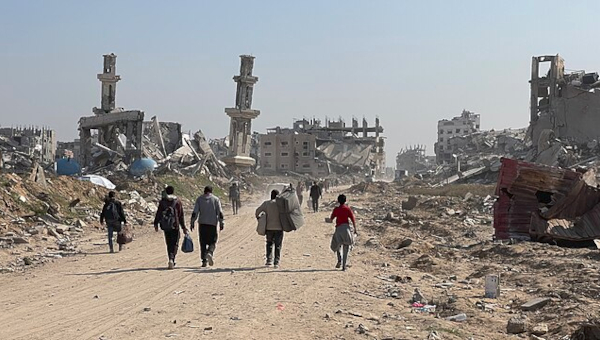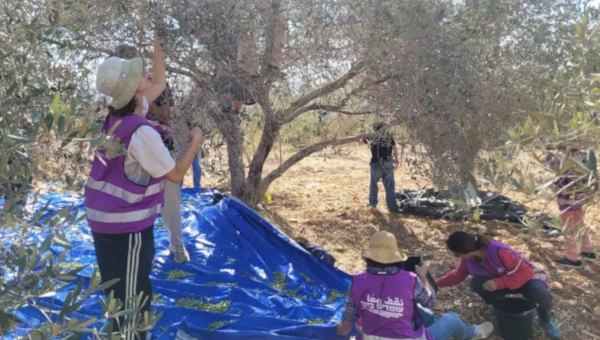A World Gone Haywire: Brutality Toward Children
In recent radio interviews, Wole Soyinka, the 88-year old Nobel literature prize recipient from Nigeria, spoke of a “world gone haywire,” about the human world completely transformed in the way people are understood and treated. He spoke of the current focus on events and not on understanding people, and he said there is no longer moral education or an ethical factor in societies. The infection has trickled down from influential people into general populace – “Kidnapping of children by the hundreds – what is going on?” The late Desmond Tutu, South African 1984 Nobel peace prize recipient, said many times that people killed in war “are not collateral damage. They are human beings of flesh and blood.”
Absent in this ‘rule-based-order’ is the simple humanity articulated in many children’s books: “A person’s a person no matter how small.”1
Start with Soyinka’s question: what is human… how are humans capable of this kind of behavior? He states that economic values and class conflict insufficiently explain why human expectations since Hitler and Stalin have gotten lower and lower. What makes Trump and Putin possible? There is not a single cause or explanation. Who are the perpetrators and facilitators, and what do they tell themselves? And most urgent, how is it that attention to children is on the back burner across the political spectrum in the face of real extermination threats?
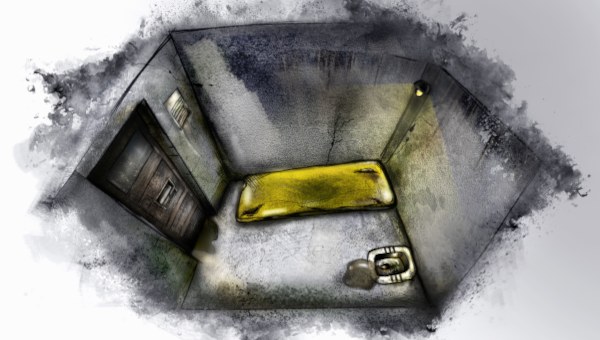
The Example of Israel
For example, here are several brief representative case reports about Israel’s meticulous brutality to Palestinian children, perpetrated in addition to inflicting huge war casualties. Defense for Children International/Palestine (DCI) documents Israel’s crimes against children. This NGO was shamelessly charged with terrorism by Israel. DCI interviewed 17-year-old Mahmoud who was arrested on a beach in Jenin when he was with his friends. He was driven far away by soldiers where he was blindfolded, handcuffed, and beaten and told that he was under arrest. He was kept in a prison yard during a cold night for 10 hours and was interrogated and strip searched a number of times. He did not know where he was or why he was arrested.
He was placed in a cell two meters by one meter in solitary confinement for twenty days. The foul odor, the dirty mattress and the lights, which were kept on, were so disturbing he could not sleep. The walls were so rough and cold that he could not lean on them, and so thick that no one could hear him. He was deprived of food even though he said he was hungry. He spoke with particular anguish about his mother. There was nothing to do, and what was hardest was that there was nothing he could kill himself with. He was deprived of everything except being alive. After he was released, he said he wasn’t able to recover his love of being with people or his ability to be calm.
Hawaida Arraf, a Palestinian American lawyer and a founder of the International Solidarity Movement, spoke about the death of five-year-old Gaza child Aisha al-Loulou. She was a bubbly child until one day she became ill. was wrong and she was diagnosed with a brain tumor. She could not be treated in Gaza as Israel does not let in medical supplies. A Palestinian hospital in Jerusalem could treat her, and she got permission from the Israeli government to be taken there. However, Israel’s military would not grant permission for her parents to accompany her. The parents applied and re-applied, and then even applied for all Aisha’s relatives to accompany her, but no one was granted permission. Finally, an elderly woman whom Aisha did not know was allowed to accompany her.
Aisha was treated, but her surgeon sent word to the parents that she was in such distress about being separated from her family that it was severely affecting her recovery. She stopped talking, and still Israel would not allow her parents to cross the border. When she closed her eyes for the last time she was all alone. When news came out, Israel blamed the parents, as prime ministers Golda Meir and Netanyahu have so cruelly blamed Palestinian parents for Israel’s killing of their children.
Ben Ehrenreich recounts Netanyahu’s carefully orchestrated vendetta to whip up a vengeful frenzy to avenge the murder of three Israeli teenagers. The kidnapping and killing of Mohammad Abu Khdeir, is comparable to the gruesome killing of Emmet Till. Sixteen year old Mohammad Abu Khdeir was a small thin boy “with large and slightly mischievous eyes” whose corpse when they found him was so badly burned, it was too disfigured to display. The autopsy found soot in his lungs, the result of being forced to swallow petrol. He was still breathing when his kidnappers lit him on fire, and the burns affected 90% of his body. He appeared to have also sustained head injuries from repeated hits with a sharp object. Each blow was accompanied by a recital of the names of Jewish victims of terrorism.2
Who? And Why?
Who are these people and why do they do this – the leaders, the people who enact this cruelty, and the people who are in the position to see it or who are silent? Is it enough to just blame the Pope for residential school deaths and not identify and investigate the religious staff, the teachers, social workers, doctors? Who and why would people be so thoughtless as to implement orders against giving toothbrushes to children in ICE detention or who are those who comply with orders against comforting crying toddlers who have been suddenly separated from their parents? What kind of person is Madeleine Albright, whose family escaped from Nazi Hungary, to be able to say that the death of half-million Iraqi children was “worth it”? Who are the Argentinians and Russians who kidnap political opponents’ children? Or the Chinese and Cambodian totalitarians who take control over children’s minds and the African leaders who terrorize children into be murderers?
Every week, Nurit Peled-Elhanan, the Israeli mother who lost her daughter to a suicide bomber, has said that her suffering is nothing as great as that of Palestinian parents, who found that in her Jewish/Palestinian parent bereavement group the Israeli mothers readily abandon all empathy and sharing of grief when they hear the drums of war and excitedly talk about their handsome sons in uniform.
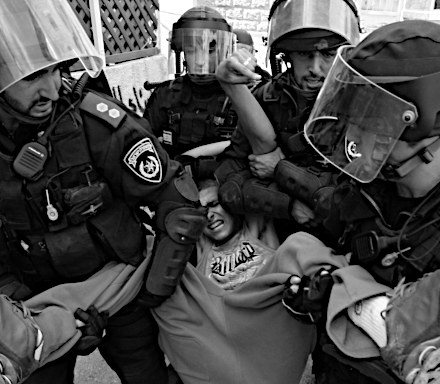
Children are reported as numbers or elements, not as people: half-million dead Iraqi children due to the UN Oil-for-Food Program sanctions, the 2.2 million Yemeni children acutely malnourished, the 1.1 million Afghani children facing severe malnutrition and death due to Trump’s and Biden’s decisions, 16 year old Abdulrahman Anwar al-Awlaki and his cousin in Yemen who were executed by Obama’s extrajudicial order, Abdulrahman’s eight year old sister in Yemen executed by Trump’s order, 12-year-old Tamir Rice killed by US police, the state-sanctioned murder of 43 Ayotzinapa youth. Here are the ratios of Palestinian to Israeli children killed in Gaza in five Israeli military assaults, and this is only one of the ways Israel methodically kills Palestinian youth:
- 2021: 67 Gazan children, 2 Israeli,
- 2014: 582 Gazan, 1 Israeli,
- 2012: 32 Gazan, 0 Israeli,
- 2008/09: 345 Gazan, 0 Israeli,
- 2006: 56 Gazan children, 0 Israeli.
Impressions and Questions
These case examples suggest that it is important to look at individual and group psychological processes in addition to and in interaction with systemic causes. The same institution can act humanely or atrociously, morally or heartlessly, toward children. In Soyinka’s words – dehumanize.
Here is a case of individual and group psychology interacting within the UN, causing the half million child deaths under the UN sanctions and Oil-for-Food Programme. Denis Halliday and Hans C. von Sponeck, UN Humanitarian Coordinator for Iraq, both resigned in order to protest and expose gross malfeasance of UN policy, but nothing changed despite their extensive documentation and meetings with high-level officials. Von Sponeck writes that in his meeting with Deputy Secretary-General Louise Frechette, he presented the same issues he had discussed with Kofi Annan. “The picture which I painted for her of conditions in Iraq did not evoke in her the expression of concern which I had expected… She did not seem willing to grasp the fact that besides the Dictator Saddam Hussein, the UN itself, with its sanctions policy, was playing a major and negative role in this human drama. ‘What is needed is hard core evidence!’ I wondered what she meant by ‘evidence’?”
He asks: “Had the UN become used to human misery, as do some doctors, to the suffering of a patient?” He asks whether this is more due to the tentacles of a superpower.3 It is also crucial to see the tentacles of individuals, not just superpowers, such as when doctors themselves abuse children as is amply documented in Israel’s treatment of Aisha al-Loulou and many other Palestinian children. This is not unlike when doctors fail to acknowledge and address murderous child abuse such as occurred in the residential schools in Canada.4 Such behaviour reflects individual moral choices by people that have dehumanized children. •
Endnotes
- Dr. Seuss, Horton Hears a Who! New York, Random House, 1982.
- Ben Ehrenreich, The Way to the Spring: life and death in Palestine, New York: Penguin Press, 2016.
- Hans C. von Sponeck, A Different Kind of War: the UN sanctions regime in Iraq, New York, Bergahn Books, 2006. P. 209-211.
- Joseph Goldstein, Anna Freud, Albert J. Solnit Freud, Beyond the Best Interests of the Child, New York: The Free Press, 1979.


